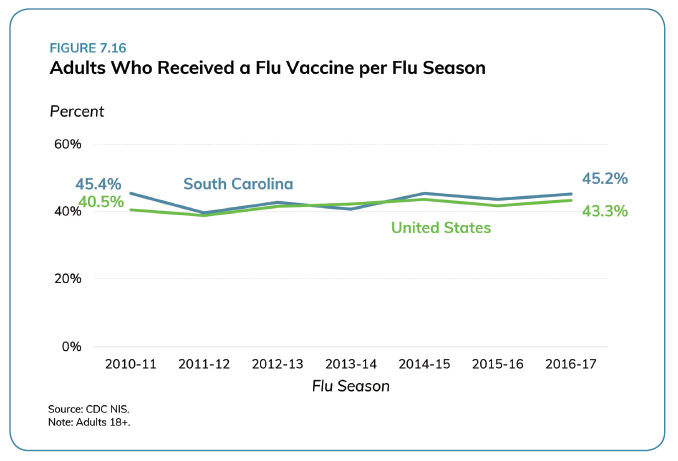
National Handwashing Awareness Week is Dec. 5 – 11. Handwashing is one of the best and simplest ways to protect yourself, keep your family healthy and prevent the spread of germs.
Germs can spread from person to person or from surfaces to people when you:
- Touch your eyes, nose and mouth with unwashed hands
- Prepare or eat food and drinks with unwashed hands
- Touch surfaces or objects that have germs on them
- Blow your nose, cough or sneeze into hands and then touch other people’s hands or common objects
Frequently Asked Questions about Hand Hygiene
What are the key times to wash hands?
These are CDC’s key times you should wash your hands:
- Before, during and after preparing food
- Before eating
- Before and after caring for someone at home who is sick with vomiting or diarrhea
- Before and after treating a cut or wound
- After using the toilet
- After changing diapers or cleaning up a child who has used the toilet
- After touching an animal, animal feed or animal waste
- After handling pet food or pet treats
- After touching garbage
- If your hands are visibly dirty or greasy
- After blowing your nose, coughing or sneezing, you should immediately clean your hands by either washing them with soap and water or using hand sanitizer with at least 60% alcohol.
Do I really need to wash my hands for 20 seconds?
Many scientific studies have shown that scrubbing your hands for at least 20 seconds removes most of the harmful germs or chemicals from your hands. Making sure to scrub all areas of your hands, including your palms, backs of your hands, between your fingers and under your fingernails will help ensure you reach the 20 second mark.
How does handwashing with soap and water remove germs and chemicals?
Soap and water, worked into a lather, trap and remove germs and chemicals from hands. Lather forms pockets called micelles that trap and remove germs, harmful chemicals and dirt from your hands. That’s why it’s unnecessary to use antibacterial soaps.
How do hand sanitizers work differently than handwashing?
Alcohol-based hand sanitizer with at least 60% alcohol works by killing germs on your hands, while washing your hands with soap and water removes the germs from your hands. Handwashing removes germs that hand sanitizers may not be able to kill.



